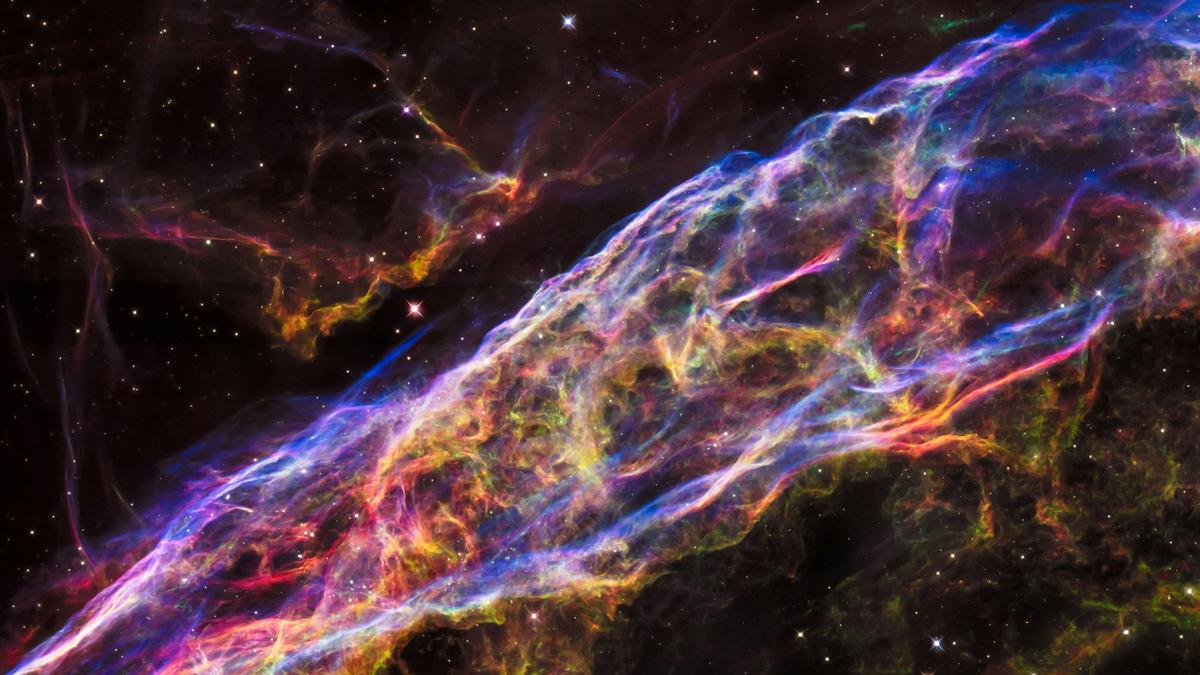
Search for universe’s first water could reset timeline of life’s origins Premium
The Hindu
Astronomers may have discovered how water originated in the universe, challenging existing theories on star formation.
Astronomers may be closer to solving one of the most intriguing mysteries in science: how did water originate in the universe?
A study published in the journal Nature Astronomy on March 3 suggested that the universe’s oldest stars became founts of water as their nuclear fires were extinguished in massive explosions called supernovae.
If this finding is borne out in further research, astronomers will have to revise current theories to factor in potentially life-bearing planets being born billions of years earlier than previously thought.
Water is the third most abundant molecule in the universe, after hydrogen and carbon monoxide, but its origins have remained obscure.
Billions of years ago, all matter and energy existed as an extremely small fleck in the void. This incredibly dense blob exploded some 13.8 billion years ago with a Big Bang to create the known universe.
The first stars were born just a few hundred million years after the Big Bang, at a time when all visible matter comprised primordial hydrogen and helium atoms. The nuclear furnaces at the cores of these early stars were powered by hydrogen, and as they shone, they heated up the surrounding intergalactic gas and dust. Hundreds of millions of years later, when the stars ran out of hydrogen to burn, they blew up as supernovae.
But by then their heat had ionised the interstellar medium around them, which set the stage for the formation of new stars and triggered a cycle of star births in perpetuity.

 Run 3 Space | Play Space Running Game
Run 3 Space | Play Space Running Game Traffic Jam 3D | Online Racing Game
Traffic Jam 3D | Online Racing Game Duck Hunt | Play Old Classic Game
Duck Hunt | Play Old Classic Game











